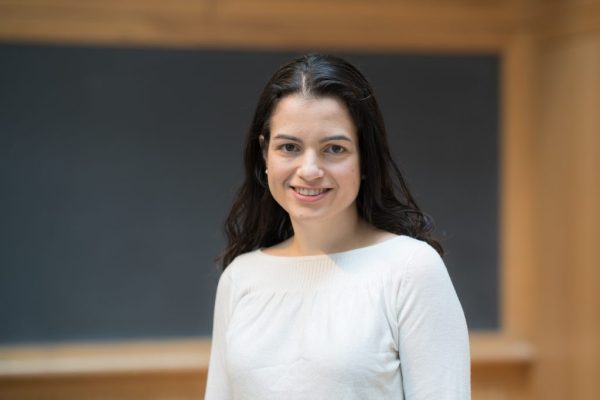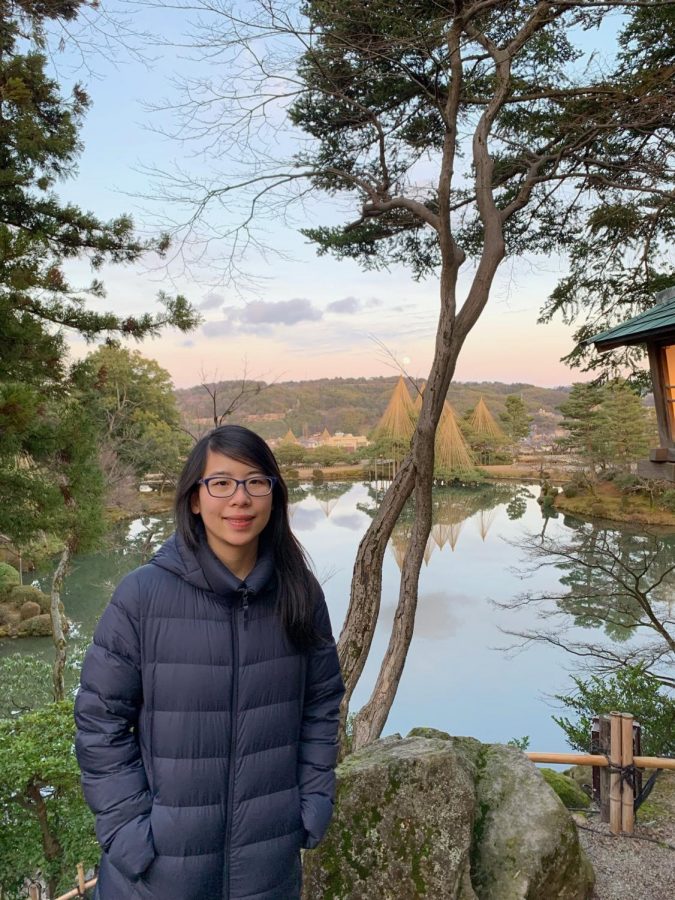
Leila Agha (class of 2002), economist and professor of health care policy at Harvard Medical School, speaks about her journey from Uni High to Harvard. “I didn’t know I wanted to be an economist until college”, she says. Uni High doesn’t offer classes in economy, so how would she know? At Uni, she always liked math because it was so quantitative, and U.S. History helped her think about the role of the government in policies. Liking the idea of measuring things quantitatively, using empirical evidence to support theories, and hopefully solving problems- she decided to pursue economics.
While recalling her experience at Uni High, Dr. Agha mentions a paper she wrote in senior year. She looked back at the relationship advice column in old magazines, and tracked how the advice evolved with time. From then on, she was hooked- not with relationship advice, but with an inspiration to research and understand everything a little more.
Becoming interested in healthcare and innovations that can be made, she now works on a project called “LONG-RUN EFFECTS OF INCENTIVIZING WORK AFTER CHILDBIRTH”. In this project, she explores how the gender pay gap is related to parenthood, within the context of the healthcare industry. “I think it’s interesting.” She says, referring to how you can measure things such as how frequently healthcare workers went into work, even and especially post-giving birth.
Although she didn’t know that she wanted to go into healthcare as an economist until the end of her PhD program, she quickly began to work hard and excel. She was interested in ways tasks are divided and how that affects productivity, and healthcare was traceable. So the healthcare industry was “like a playground” for her research, because she can measure actions such as how many appointments are taken in a day. More importantly, the healthcare industry is massive, and with all the money that goes into it, it’s not always the most functional, but Dr. Agha’s work helps to see that and leads to change.
“Stay curious.” she says when asked what advice she’d give to current Uni High students. Although there’s a lot of pressure, she explains that “if you find things to get curious and interested about it can help to avoid burnout.”
